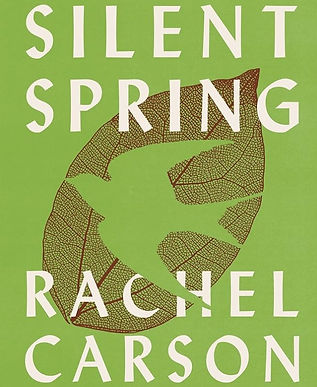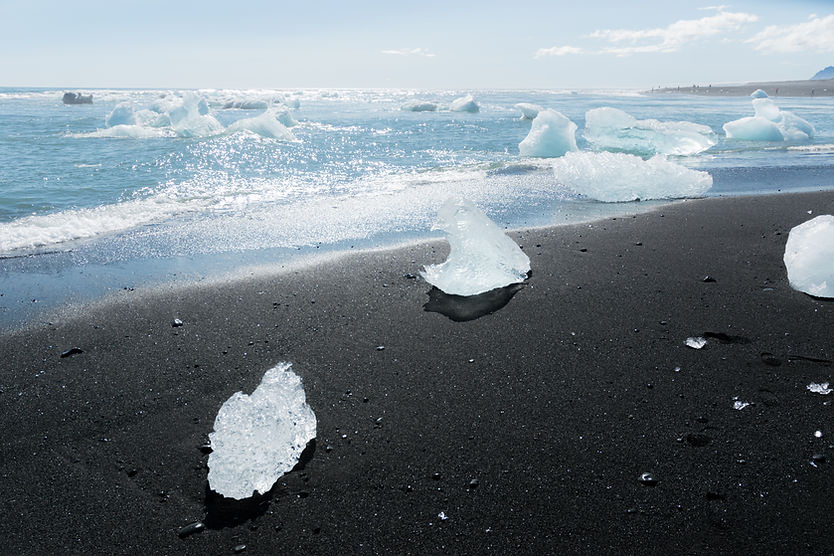The E in ESG

The E in ESG

Read
Discover books about environmental matters




A Silent Spring
By Rachel Carson
Silent Spring took Carson four years to complete.
It meticulously described how DDT entered the food chain and accumulated in the fatty tissues of animals, including human beings, and caused cancer and genetic damage.

The Future We Choose
By Christina Figueres and Tom Rivett-Carnac
Figueres and Rivett-Carnac wrote The Future We Choose because they know we have entered the most consequential decade in human history. "That sounds like an exaggeration, but it’s not," said Rivett-Carnac. "By 2030, we need to have reduced our current emissions by half in order to stay on track with limiting climate change to reasonably safe levels."
The book outlines three key areas. First, what is at stake over the next decade and what kind of future we will face, depending on which path we choose. Secondly, how we can all adapt our attitudes to help us play a more optimistic, positive role in this great transformation. Finally, the practical steps we can all enact to ensure we participate in this change.



No Where Left To Go
By Benjamin Von Brackel
As humans accelerate global warming, animals and plants must flee to the margins: on scattered nature reserves, between major highways, or among urban sprawl.
And when even these places become too hot and inhospitable, wildlife is left with only one path to survival: an often-formidable journey toward the poles as they race to find a new home in a warming world. Tropical zones lose their inhabitants, beavers settle in Alaska, and gigantic shoals of fish disappear—just to reappear along foreign coastlines.
Award-winning environmental journalist Benjamin von Brackel traces these awe-inspiring journeys and celebrates the remarkable resilience of species around the world. But the lengths these plants and animals must go to avoid extinction are as alarming as they are inspirational.
The Value of a Whale
By Adrienne Buller
Public understanding of, and outcry over, the dire state of the climate and environment is greater than ever before. Parties across the political spectrum claim to be climate leaders, and overt denial is on the way out. Yet when it comes to slowing the course of the climate and nature crises, despite a growing number of pledges, policies and summits, little ever seems to change. Nature is being destroyed at an unprecedented rate. We remain on course for a catastrophic 3°C of warming. What's holding us back?
In this searing and insightful critique, Adrienne Buller examines the fatal biases that have shaped the response of our governing institutions to climate and environmental breakdown, and asks: are the 'solutions' being proposed really solutions? Tracing the intricate connections between financial power, economic injustice and ecological crisis, she exposes the myopic economism and market-centric thinking presently undermining a future where all life can flourish.
The book examines what is wrong with mainstream climate and environmental governance, from carbon pricing and offset markets to 'green growth', the commodification of nature and the growing influence of the finance industry on environmental policy. In doing so, it exposes the self-defeating logic of a response to these challenges based on creating new opportunities for profit, and a refusal to grapple with the inequalities and injustices that have created them. Both honest and optimistic, The Value of a Whale asks us - in the face of crisis - what we really value.


